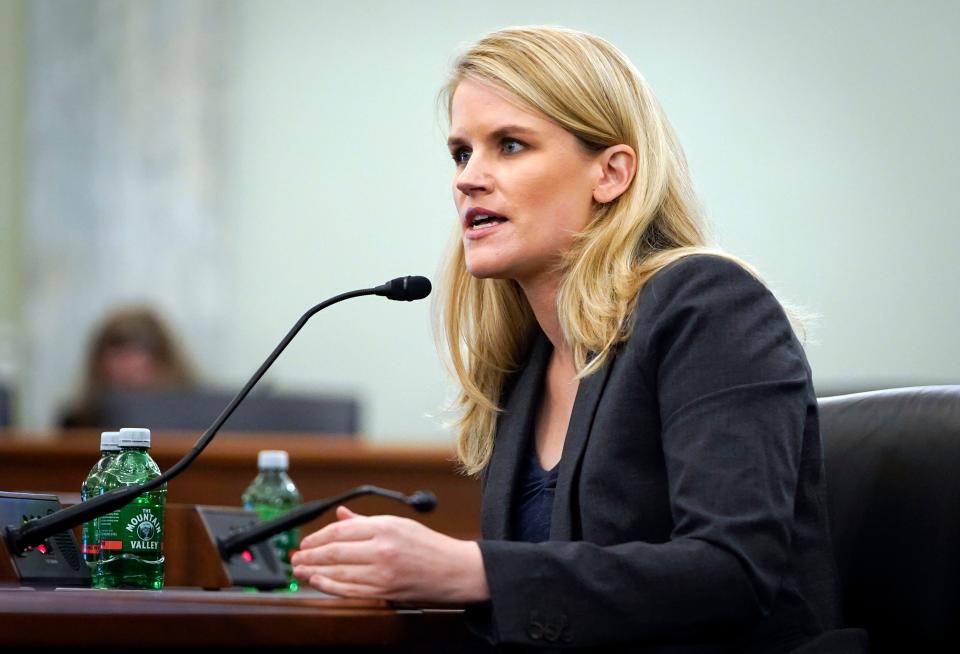Guest Opinion: Keeping a watchful eye on social media's impact on children
The rapid integration of social media platforms into our lives illustrates the dual nature of modern technology and its impacts. Yes, these innovations have stimulated social connectivity and creative self-expression on an unprecedented global scale. But, at the same time, they have resulted in very serious, if unintended, negative consequences. These include the spread of disinformation by bad actors, the attempts at radicalization by extremist groups, and an increasingly toxic public discourse.
Many critics have long pointed to the unchecked power and tremendous reach of the companies behind social media platforms, and they have called on Congress to regulate them. Until now, legislators have been slow to act. But new revelations about corporate decision-making at Facebook and Instagram (which Facebook owns), supported by actual documents provided to lawmakers by former Facebook employee Frances Haugen, may be a game changer. Why? Reports show that these sites targeted young teenage users and particularly looked to increase their daily usage time in an attempt to regain a strong foothold in that market. Haugen also accused Facebook of sitting on research that showed a concerning number of teenage girls reported feeling worse about their body image after using Instagram. She concluded that Facebook executives chose growth over safety time and again when company leaders made decisions.

Swift bipartisan outrage in Congress followed at this targeting of young people and the withholding of research showing potential risk for many of them. This strong response seems to reflect what has been a developing, deep-seated parental concern over the effects of social media use on the mental health of their children. Parents understand their teens’ need to engage on these sites to fully participate in their social groups. But at what cost to their health?
This time Congress looks poised to take action, specifically to thwart any possible endangerment of children and young teens. For example, Senator Amy Klobuchar, D-MN, has expressed the need for a multi-layered approach. She has called for a federal privacy law to address the use of algorithms that track and target young users. She also recommends more competition in the social media space so that Facebook cannot monopolize so much data, and an updating of the Children’s Online Privacy Act.
Most also agree that we need more research on the impacts of social media use on our youth. Psychologists point out that a direct causative link between the rise in depression and related mental illnesses among teenagers and young adults, particularly girls, and their social media use has not been proven definitively. However, the correlation in upward trend lines between increased usage and increased rates of mental health problems in young people certainly is very troubling and warrants attention.
As we await regulatory action and more definitive research findings, we can be proactive in our own families, schools, and communities by educating young people to be more informed consumers of social media offerings. Teenagers can learn to be mindful of their own interactive behaviors, particularly when their use of social media becomes compulsive and excessive. Parents and other trusted adults also can model positive and appropriate social media use and talk openly about the pros and cons of various sites with their children.
Smartphones in the pockets of young people can be amazing tools for learning, for creativity, for connection. But we cannot be naïve to their potential for serious harm as well. We must prepare our children to ably identify their online safe spaces and use them wisely as they navigate their way through this complicated world.
Eileen Walkowiak is an individual partner of the Bucks County Women’s Advocacy Coalition, www.bcwac.org, a nonpartisan coalition of individuals and non-profit organizations that serve women and families.
This article originally appeared on Bucks County Courier Times: Keeping a watchful eye on social media's impact on our children

